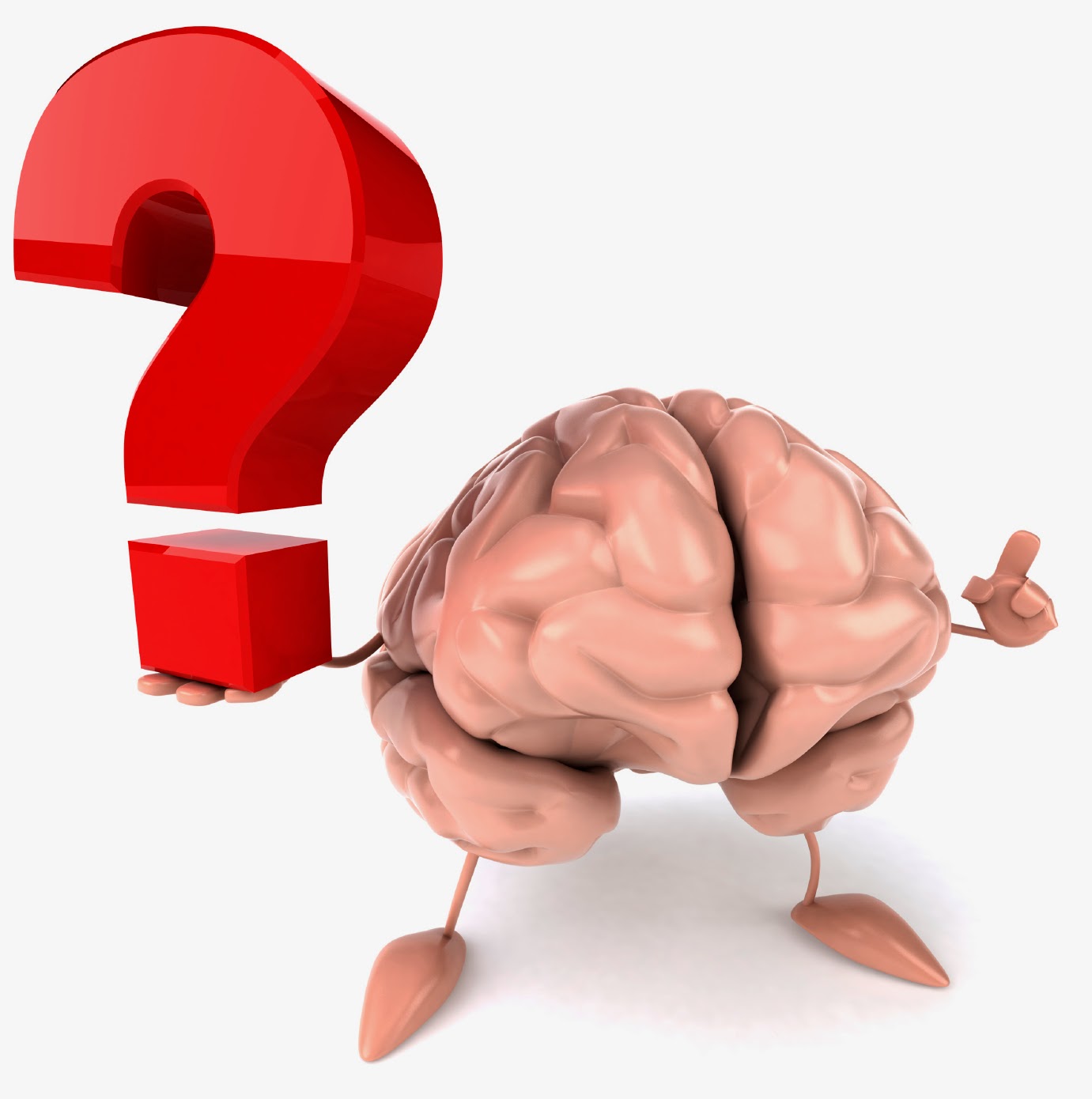Head
injuries are no joke and even a small bump to the head can end up
needing treatment and concussion recovery measures. If any of the signs of concussion appear
after any type of head trauma, it is recommended that immediate
medical attention be sought, even if some of the side effects don't
manifest until hours after the incident. A medical professional can
provide a proper diagnosis and treatment plan to help the brain
tissue and body heal, such as rest, therapy, or osteopathic
manipulation.
1.
Head trauma
One
of the first signs that a person could have a concussion is that they
experienced some sort of head trauma. Obvious situations, like
automobile accidents or something large hitting the head are often
treated in enough time. The trouble is when an accident is thought to
be minor, such as hitting the head on a cabinet door or other kind of
obstruction. After these situations, it is important to pay close
attention for any further signs.
2.
Physical issues
Most
people know to watch out for nausea, vomiting, or headaches. However,
a number of physical issues can present as the result of head trauma
and merit steps for concussion recovery. Problems with maintaining
balance, general dizziness, blurred or fuzzy vision, or even a
noticeable sensitivity to light or noise should excite further
measures.
3.
Emotional problems
Sometimes,
the physical issues aren't as noticeable as the emotional ones. If
the mood is altered, then a medical professional should be seen. The
patient might be unusually sad, angry, or overly emotional for
seemingly no reason. They also might appear anxious or nervous.
4.
Sleep trouble
If
the trauma victim experiences trouble with sleep, it is a sign of
concussion and they should attempt to find a process for concussion
recovery. This can manifest in sleeping more or less than usual,
having a difficult time falling asleep, or a general feeling of being
tired with no energy.
5.
Cognitive concerns
Some
of the most disturbing signs of concussion are cognitive. These are
typically associated with severe trauma, which leads to swelling and
impaired brain function. A feeling of everything being in slow
motion, an inability to think clearly or concentrate, or memory loss
are serious symptoms that need to be addressed quickly. If the
patient is unconscious, they should be rushed to the nearest
emergency room.
If
you would like to learn more about concussion recovery in Georgetown,
click here.

No comments:
Post a Comment